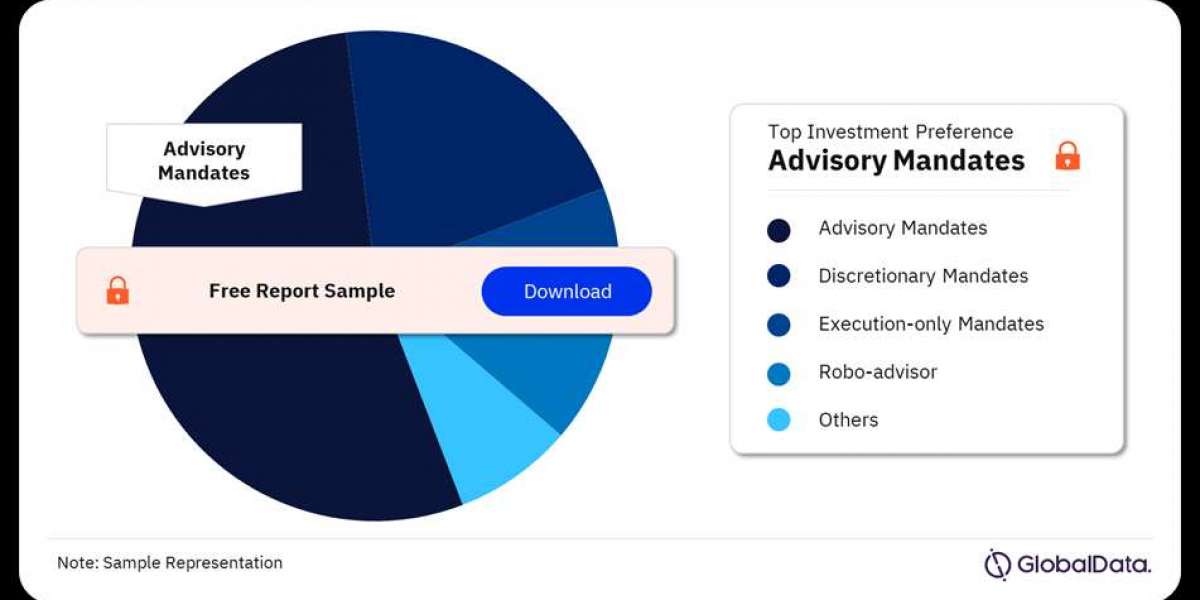Sterility testing plays a vital role in guaranteeing that pharmaceutical products, medical devices, and specific healthcare products are free from harmful microbial contaminants. Contamination can lead to serious health risks, particularly for products administered via injection or implantation. One of the most established protocols for sterility assurance is USP 71 sterility testing, a standard set by the United States Pharmacopeia (USP). This protocol ensures the safety and efficacy of sterile products intended for human use.
What Is Sterility Testing and Why Is It Important?
Sterility testing is a critical process designed to identify microbial contamination in products that must remain sterile before use. This testing is primarily applied in the pharmaceutical and medical device industries, where the presence of harmful microorganisms like bacteria, fungi, or viruses can have life-threatening consequences. Products such as injectable medications, surgical instruments, and implants require rigorous sterility testing to ensure patient safety.
The sterility testing process includes advanced methods such as membrane filtration and direct inoculation. These techniques involve placing product samples in growth media that support the proliferation of microorganisms if contamination is present. The samples are then incubated in ISO-certified, controlled environments to prevent cross-contamination. If microbial growth is detected, the product fails the test, signaling potential safety risks.
What Is USP 71 Sterility Testing?
USP 71 sterility testing is the gold standard for evaluating the sterility of pharmaceutical and medical products. This protocol is mandatory for products such as injectable drugs, surgical tools, and wound-care devices that must remain sterile throughout their lifecycle.
The USP 71 testing process involves inoculating product samples into two specialized growth media:
- Fluid Thioglycollate Medium (FTM): Designed to detect aerobic and anaerobic bacteria.
- Soybean-Casein Digest Medium (SCDM): Ideal for detecting fungi and aerobic microorganisms.
These samples are incubated for up to 14 days under specific conditions and monitored closely for any signs of microbial growth. If no growth is observed after the incubation period, the product passes the sterility test. Adherence to USP 71 ensures that these products meet stringent safety standards and comply with regulatory requirements.
Why Is USP 71 Testing Vital for Pharmaceutical Products and Medical Devices?
For sterile-use products such as injectable medications, surgical instruments, and certain medical devices, sterility is a non-negotiable requirement. Contamination in these products can lead to severe health issues, including life-threatening infections or complications. USP 71 testing plays a crucial role in confirming the sterility of these products and ensuring regulatory compliance.
Regulatory bodies like the FDA mandate sterility testing as part of the manufacturing process. Products that fail sterility testing cannot be released to the market, putting manufacturers at risk of recalls, legal penalties, and reputational damage. USP 71 testing serves as a protective measure for both manufacturers and consumers, ensuring that only safe and effective products reach the market.
How Does Sterility Testing Protect Consumers and Build Trust?
The benefits of sterility testing extend beyond regulatory compliance—it directly impacts consumer safety and confidence. Consumers rely on the assurance that healthcare products like injectable medications and surgical tools are free from harmful bacteria and fungi that could otherwise cause serious health complications.
Manufacturers that adhere to rigorous USP 71 sterility testing demonstrate a commitment to transparency and safety. This fosters consumer trust, as individuals feel confident using products that meet the highest safety standards. By prioritizing sterility testing, companies not only mitigate health risks but also establish long-term brand loyalty through their dedication to quality.
The Essential Role of Sterility Testing in Healthcare
Sterility testing, particularly USP 71 sterility testing, is an indispensable part of quality assurance in the healthcare industry. This testing ensures the safety, efficacy, and regulatory compliance of pharmaceutical products, medical devices, and other sterile-use products.
As consumer awareness of product safety continues to grow, manufacturers that invest in comprehensive sterility testing will lead the industry in providing safe and reliable products. By adhering to rigorous testing protocols, manufacturers can meet—and often exceed—consumer expectations for safety and quality, solidifying their position as trusted providers in the healthcare market.
Sterility testing remains one of the most critical elements in safeguarding public health, ensuring that every product reaching the consumer is of the highest standard.








